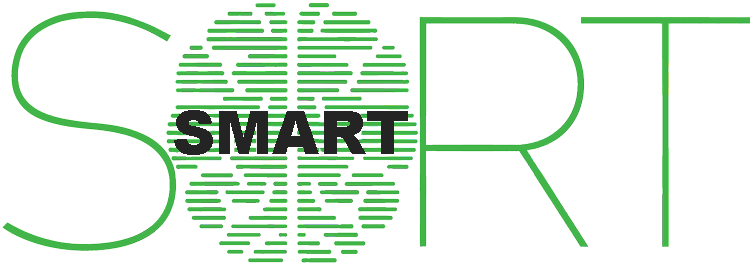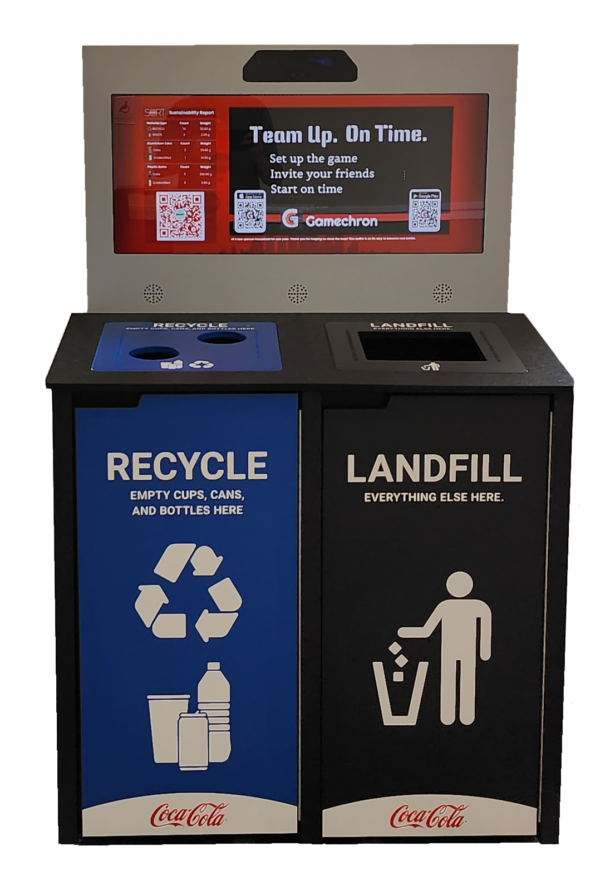Waste management has become an increasingly pressing issue in modern times, as the amount of waste generated continues to grow. In response to this problem, many cities and companies have turned to smart waste collection technology as a solution. This technology uses sensors and real-time data analysis to optimize waste collection processes, leading to more efficient and sustainable waste management practices. In this article, we will take a closer look at the latest developments in smart waste collection.
Sensors
Sensors are a critical component of smart waste collection systems, as they provide real-time data on the status of waste bins. These sensors can detect the level of waste in a bin, as well as factors such as temperature, humidity, and even air quality. This data is then transmitted to a central server, where it is analyzed to optimize waste collection routes and schedules. Sensors can also detect issues such as overflowing bins or mechanical problems with waste collection vehicles, allowing for prompt maintenance and repair.
Communication Networks
To enable the real-time transmission of data from sensors, smart waste collection systems rely on robust communication networks. These networks can be based on cellular or satellite technology, and are designed to be resilient and scalable. In addition to transmitting data from sensors, communication networks also enable the remote control of waste collection vehicles, allowing for precise scheduling and routing.
Data Analysis
Once data is collected from sensors and transmitted over communication networks, it must be analyzed in real-time to optimize waste collection processes. This analysis is typically performed using artificial intelligence and machine learning algorithms, which can identify patterns and optimize routes based on factors such as traffic, weather, and the types of waste being collected. The use of data analysis can significantly reduce the time and resources needed for waste collection, leading to more efficient and sustainable waste management practices.
Emerging Technologies
As smart waste collection technology continues to develop, new and innovative solutions are emerging. One such solution is the use of drones for waste collection, which can reach areas that are inaccessible to traditional waste collection vehicles. Another emerging technology is the use of blockchain for waste management, which can provide a secure and transparent record of waste disposal and recycling.
Conclusion
Smart waste collection technology is an exciting and rapidly evolving field, with the potential to revolutionize waste management practices. By using sensors, communication networks, and data analysis, cities and companies can optimize waste collection routes and schedules, leading to more efficient and sustainable waste management practices. With the emergence of new and innovative technologies, such as drones and blockchain, the future of smart waste collection looks promising.




